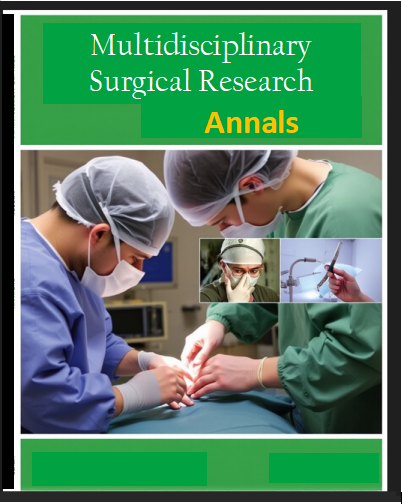Community Knowledge Towards Malaria Prevention: A Study On The Role Of Community Health Workers In Enhancing Public Awareness
Abstract
Background: According to the World Health Organization (WHO), malaria remains a life-threatening disease that continues to affect millions globally, with the highest burden in low- and middle-income countries. Community Health Workers play a vital role in bridging gaps in healthcare delivery by providing education, prevention, and basic treatment services at the grassroots level. This study was aimed to assessed the role of Community Health Workers (CHWs) in enhancing public knowledge, reducing malaria incidence, mortality, and improving diagnosis and treatment through increased community awareness and engagement.
Methodology: A cross-sectional study design was employed using an adopted and modified questionnaire to collect data from a population in both urban and rural areas. A total 300 participants were selected through non probability convenience sampling. The data were analyzed using descriptive statistics and chi-square tests to explored associations between CHWs interventions and changes in public knowledge and perception.
Results: The findings showed that 76% of participants were good knowledge about malaria transmission and prevention, while 59% demonstrated a positive perception toward CHWs’ efforts in malaria control. A significant association was found between exposure to CHWs interventions and improved community knowledge (p = 0.023) as well as perception (p = 0.031). The majority of respondents reported increased use of mosquito nets, early treatment-seeking behavior, and better understanding of malaria symptoms. These findings suggested that improved knowledge and positive perceptions of CHWs contributed to better health-seeking behavior and enhanced malaria prevention and control at the community level.
Conclusion: Community Health Workers significantly contribute to improving public knowledge and shaping positive perceptions toward malaria prevention and control. Their outreach activities were served as a key strategy in empowering communities and promoting malaria control practices at the grassroots level.
Key words: Malaria, Community, Prevention, Knowledge.




